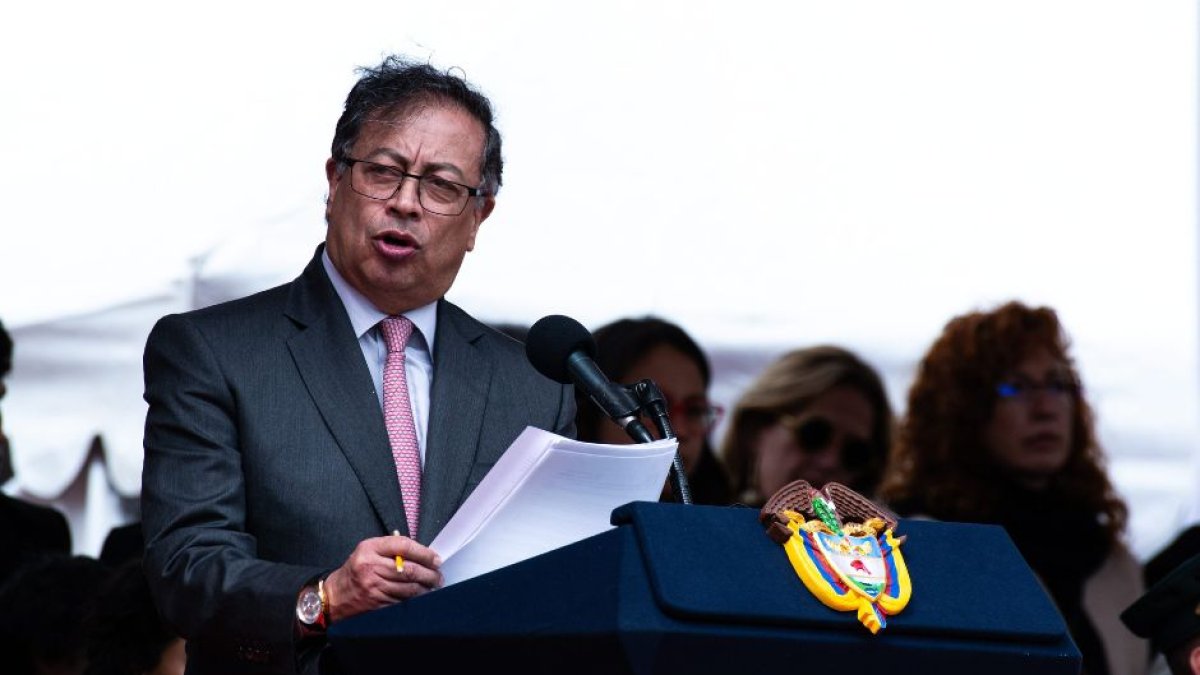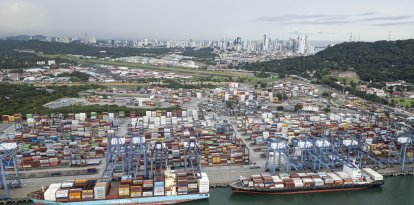Colombia's socialist president calls for a referendum after Congress refuses to approve his radical reforms
Petro seeks citizen support after the legislative rejection of his labor bill and attacks senators who shelved the initiative.

Gustavo Petro
Colombian President Gustavo Petro announced that he will call for a popular referendum after Senate Commission VII shelved his labor reform. Faced with the lack of legislative support, the socialist leader seeks to appeal directly to the citizenry to try to circumvent the institutional obstacles and move forward with his agenda.
Petro reacted harshly to the Senate's decision, accusing lawmakers of ignoring the mandate he received in the 2022 elections. "The government will call for a popular referendum, let the people be the ones to decide," he declared, arguing that his attempt at "national agreement" failed because political sectors expected his administration to give in on its reforms. He also described the refusal of Congress as an obstacle to democracy and justified his call for a referendum as a response to what he considers an "institutional blockade."
Rejected reform and accusations against Congress
Petro's labor reform, shelved by the Senate, proposed measures that would increase labor costs, such as the mandatory overtime payment and the extension of indefinite term contracts. The initiative generated concern among business sectors and economic experts, who warned that these provisions could discourage formal hiring and increase unemployment.
A study by Banco de la República estimated that the reform could eliminate more than 450,000 formal jobs by imposing additional costs on companies without effectively addressing labor informality.
Following the setback in Congress, the president criticized the senators who pushed for the reform to be shelved, accusing them of betraying workers. "Let the working people of Colombia know who betrayed them," he said, explicitly mentioning Senator Miguel Angel Pinto.
In addition, Petro resorted to religious references to criticize his detractors, suggesting that those who oppose his reform defend the greed of the most privileged sectors. "They hoist the cross of Christ, but their heart is with greed," he declared.
Popular consultation: An attempt to evade institutional limits?
For the popular referendum to be carried out, it requires the signature of all ministers and the approval of the Senate plenary. In this scenario, where the government has encountered strong resistance. If it overcomes this obstacle, the consultation should take place within a maximum period of three months after the Senate's approval.
The biggest challenge is turnout. For the result to be valid, at least one-third of the electoral roll, or about 12 million voters, must vote, and a majority must back the presidential proposal.
Petro's announcement marks a new episode of confrontation with Congress. It remains to be seen whether the popular referendum will succeed in unlocking his political agenda or whether the legislature and other institutions will block his initiative.



























